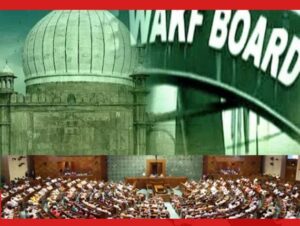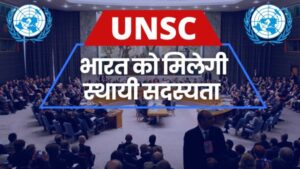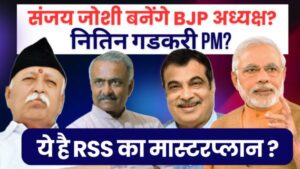What is Joint Parliamentary Committee (JPC)

The Joint Parliamentary Committee (JPC) is a committee formed by the Indian Parliament to investigate specific issues that require in-depth inquiry and analysis. The committee is composed of members of both the Lok Sabha (Lower House) and the Rajya Sabha (Upper House) of the Indian Parliament.
The JPC is established by a motion adopted by either house of the Parliament, and its members are appointed by the Speaker of the Lok Sabha or the Chairman of the Rajya Sabha, as the case may be. The committee is typically headed by a member of the ruling party or coalition, and the other members are usually drawn from various political parties and factions represented in the Parliament.
The JPC is tasked with investigating and reporting on a specific issue of national importance. Its scope of work is defined by the motion that establishes it, and it can range from investigating corruption allegations to analyzing the impact of a policy or law on the country. The committee has the power to summon witnesses, demand documents, and conduct hearings, and it can also seek the assistance of experts and consultants.
The JPC is regarded as one of the most powerful committees in the Indian Parliament, as it has the authority to make recommendations and propose legislative changes based on its findings. Its reports are considered to be authoritative and carry considerable weight with the government and the public at large. The committee’s recommendations are not binding on the government, but they often influence policy decisions and can lead to legislative reforms.
The JPC has been used to investigate a wide range of issues over the years, including the Bofors scandal, the 2G spectrum scam, and the Rafale fighter jet deal. In each case, the committee’s work has been crucial in shedding light on the issue and holding the government accountable.
However, the JPC has also been criticized for being subject to political interference and for being used as a tool by the ruling party to protect its interests. In some cases, the committee’s findings have been disputed or ignored by the government, leading to accusations of a cover-up.
The Joint Parliamentary Committee plays a crucial role in investigating important issues of national significance and making recommendations for policy changes. While it has been subject to criticism and political interference, it remains an important mechanism for holding the government accountable and ensuring transparency and accountability in the Indian political system.
Over the years, several Joint Parliamentary Committees (JPCs) have been formed in India to investigate various issues of national importance. Some of the significant JPCs formed in the past are:
1- JPC on the Bofors Gun Deal
The JPC was formed in 1987 to investigate allegations of kickbacks in the purchase of Bofors howitzers by the Indian government. The committee was headed by Shankarrao Chavan and submitted its report in 1988, which found no evidence of kickbacks, but the findings were disputed by the opposition parties.
2- JPC on the Harshad Mehta Scam
The JPC was formed in 1992 to investigate the securities scam involving stockbroker Harshad Mehta. The committee was headed by Ram Niwas Mirdha and submitted its report in 1993, which made several recommendations for improving the regulatory framework of the financial sector.
3- JPC on the 2G Spectrum Scam
The JPC was formed in 2011 to investigate irregularities in the allocation of 2G spectrum licenses by the government. The committee was headed by P.C. Chacko and submitted its report in 2013, which was criticized by the opposition parties for not adequately addressing the issue.
4- JPC on the Demands for Grants of the Ministry of Defence
The JPC was formed in 2018 to examine the demands for grants of the Ministry of Defence for the financial year 2018-19. The committee was headed by Bhartruhari Mahtab and submitted its report in 2018, which made several recommendations for improving the efficiency and effectiveness of the defence sector.
5- JPC on the Personal Data Protection Bill
The JPC was formed in 2019 to examine the Personal Data Protection Bill, which aims to protect the privacy of individuals and regulate the use of personal data by companies and government agencies. The committee is headed by Meenakshi Lekhi and is currently in the process of submitting its report.
These JPCs have played a significant role in investigating issues of national importance, providing recommendations for policy changes, and holding the government accountable. While their effectiveness and impact have been subject to debate and criticism, they remain an essential mechanism for ensuring transparency and accountability in the Indian political system.





